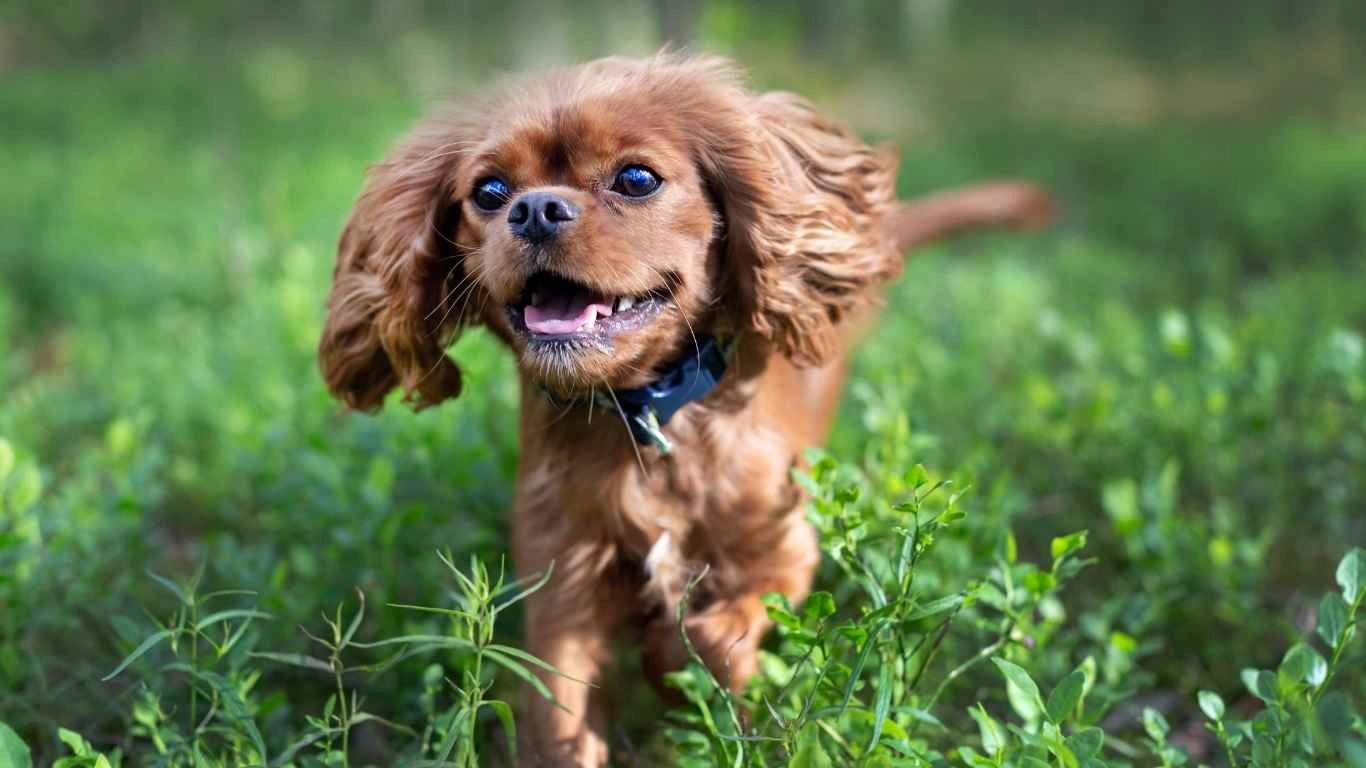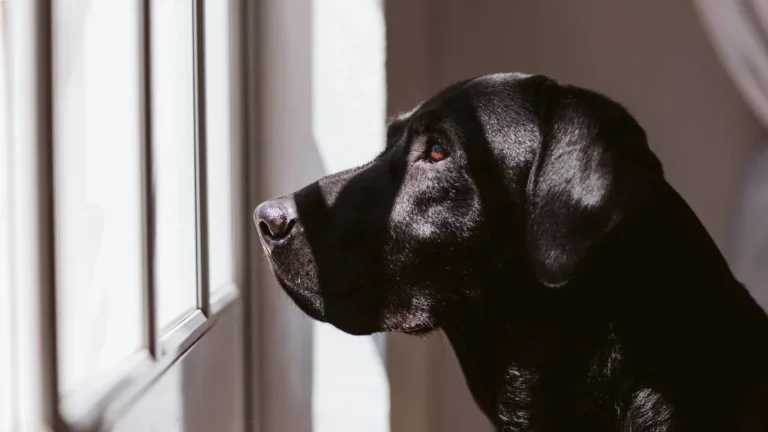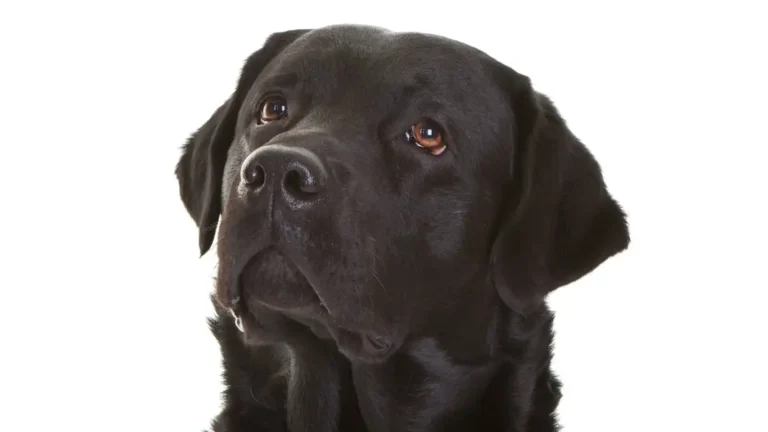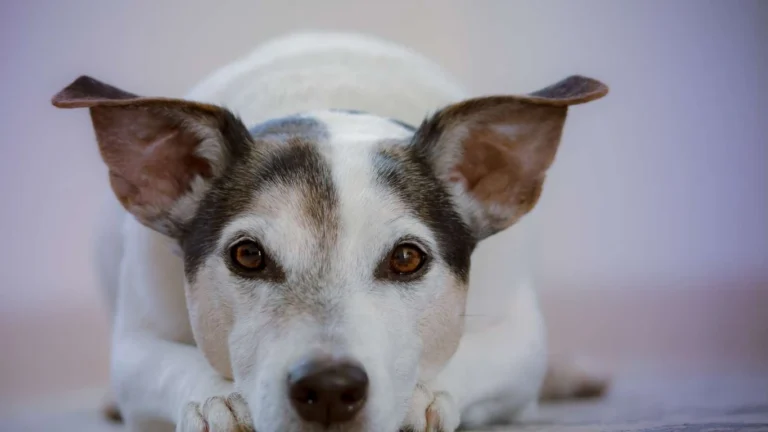The Crucial Role of Zinc in Maintaining Healthy Dog Skin
If you’re a pet parent or work as an Animal Care Specialist, you’re probably aware of how important it is to monitor your dog’s overall health. From their coat condition to their energy levels, every little detail can provide a clue about their well-being. One vital yet often overlooked factor in maintaining healthy dog skin is zinc. In my experience, I’ve seen how a deficiency in zinc can lead to a variety of skin issues that affect our canine companions. So, let’s dive into the role of zinc in maintaining healthy dog skin, why it’s so important, and how you can make sure your dog gets the right amount.
The Importance of Zinc for Dog Skin Health
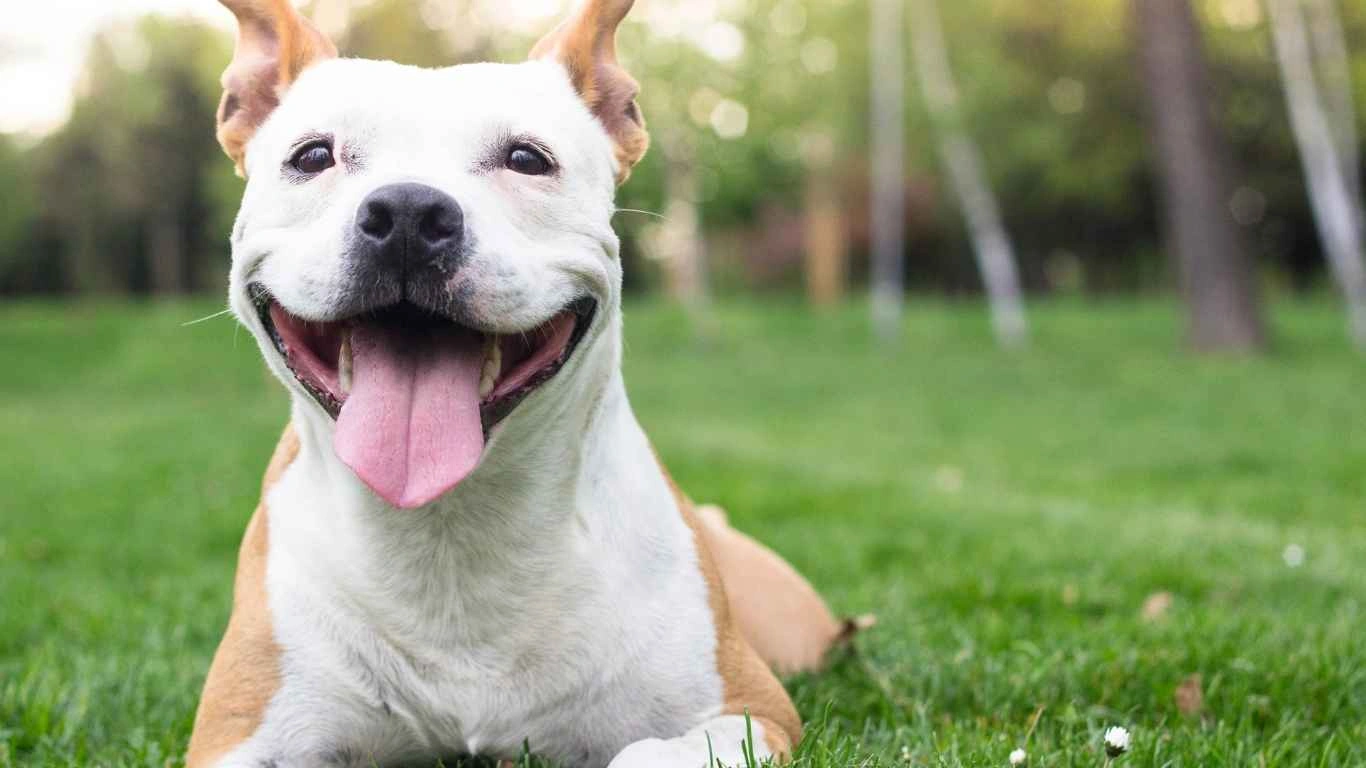
Zinc is an essential mineral that plays a significant role in various bodily functions, including immune support, wound healing, and skin health. For dogs, zinc is particularly important for maintaining the integrity of their skin, which acts as a barrier against infections, environmental stressors, and allergens. When a dog doesn’t get enough zinc, it can result in dry, flaky skin, itching, hair loss, and even infections.
In my years of experience working with animals, I’ve seen many dogs with zinc deficiencies, especially in breeds that are more prone to skin issues, like the Husky or the Bulldog. Zinc not only helps with the production of collagen, which keeps the skin healthy and elastic, but it also regulates the activity of oil glands, keeping the skin moisturized and preventing excessive dryness.
How Zinc Supports Skin Renewal
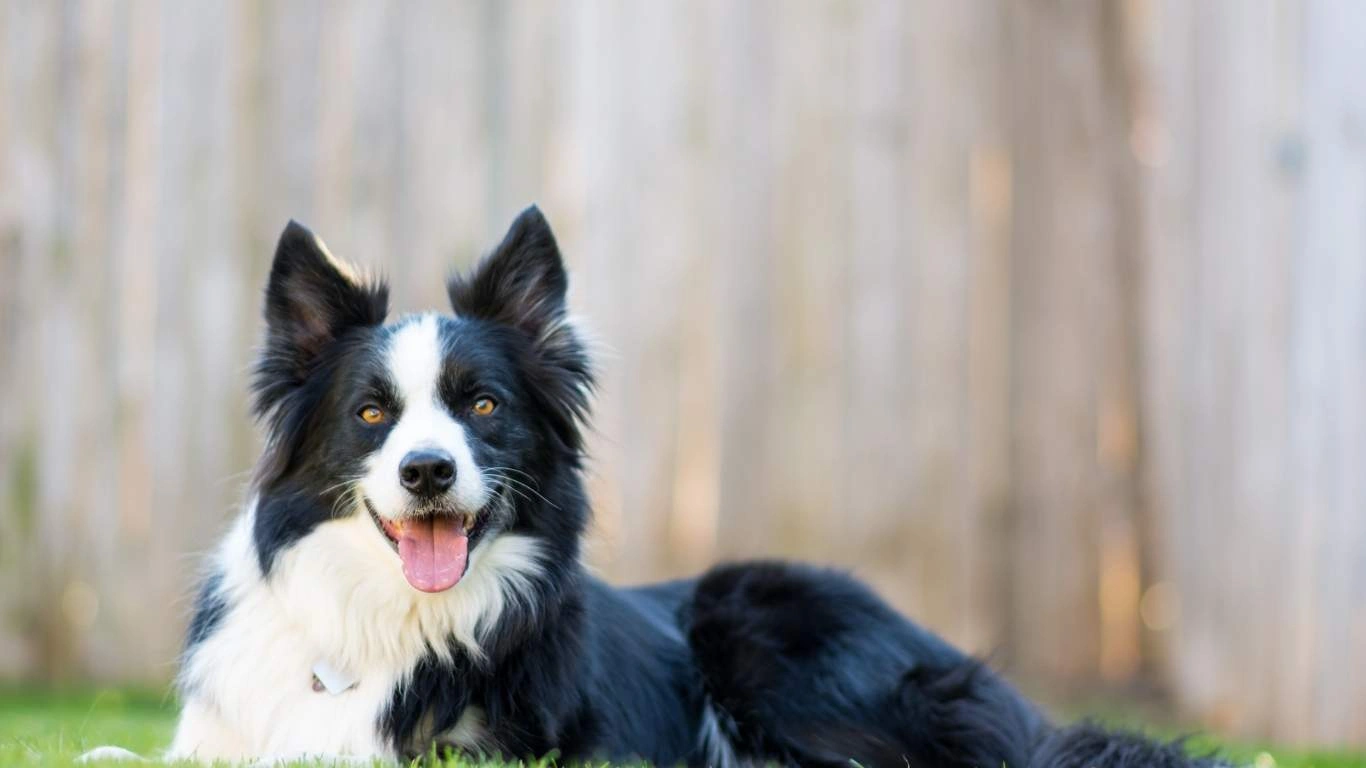
The skin, like other organs, is constantly renewing itself. New skin cells are produced to replace old ones, a process that requires zinc for optimal function. Zinc plays a role in protein synthesis, which is essential for the production of collagen and elastin—two proteins that give the skin its strength and elasticity. If your dog’s body isn’t getting enough zinc, this renewal process can slow down, leading to dull, weak skin that is more prone to damage.
On a personal note, I’ve seen firsthand how adding zinc-rich foods or supplements to a dog’s diet can result in a noticeable improvement in their skin and coat. Many pet owners don’t realize that a simple mineral like zinc can have such a profound effect on their pet’s appearance and comfort. So, if you’re seeing signs like dull fur, itching, or flaky patches, it could very well be a zinc deficiency at play.
Common Signs of Zinc Deficiency in Dogs
Recognizing the signs of a zinc deficiency can be tricky, as they often mimic symptoms of other skin conditions. However, there are a few telltale signs that you can watch for:
- Dry, flaky skin: Zinc is crucial for skin hydration, so a lack of it can lead to dry, scaly patches.
- Itching and irritation: Without sufficient zinc, your dog’s immune system may struggle, leading to inflammation and itching.
- Hair loss: Zinc deficiency can lead to hair thinning or patchy hair loss, particularly around the face, ears, and paws.
- Frequent ear infections: Dogs low in zinc are more prone to infections, especially in their ears, due to the compromised immune system.
- Delayed wound healing: Zinc plays a role in tissue repair, so wounds or cuts may take longer to heal without enough of it.
If you notice any of these symptoms, it’s essential to consult with your veterinarian. They may recommend a blood test to determine zinc levels and help you create a plan to address the deficiency. Early intervention can prevent more serious skin conditions from developing.
Breeds at Higher Risk for Zinc Deficiency
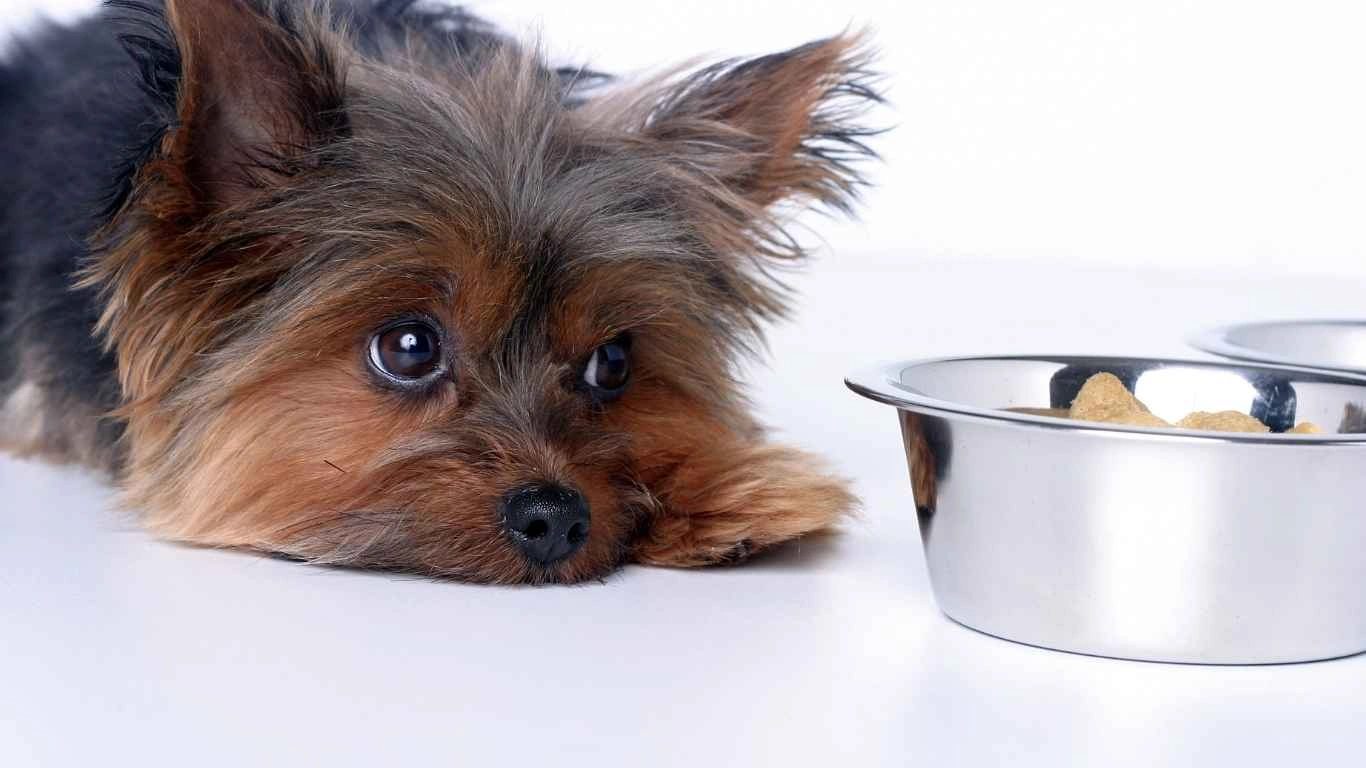
While zinc deficiency can affect any dog, certain breeds are more susceptible to skin issues related to zinc deficiency. Breeds such as the Siberian Husky, Alaskan Malamute, and Bull Terrier are known to have higher zinc requirements due to genetic factors that affect zinc absorption and metabolism. These dogs often develop “zinc-responsive dermatosis,” a condition where skin inflammation and lesions appear when zinc levels drop.
In these breeds, you may notice the onset of symptoms like hair loss, scabbing, and flaky skin at a young age. As an Animal Care Specialist, I’ve seen these issues resolve fairly quickly with the proper zinc supplementation and dietary adjustments. Zinc-responsive dermatosis isn’t typically caused by a lack of proper nutrition, but rather by the dog’s inability to absorb zinc effectively from their food. Fortunately, there are treatments available to address this condition, including zinc supplements and special dog foods formulated for these breeds.
As always, the key is to be proactive. If you know your dog belongs to a breed that is more prone to skin issues, keep an eye out for the signs mentioned above. Regular veterinary check-ups and early intervention can help prevent or mitigate the effects of zinc deficiency on your dog’s skin health.
How to Ensure Your Dog Gets Enough Zinc
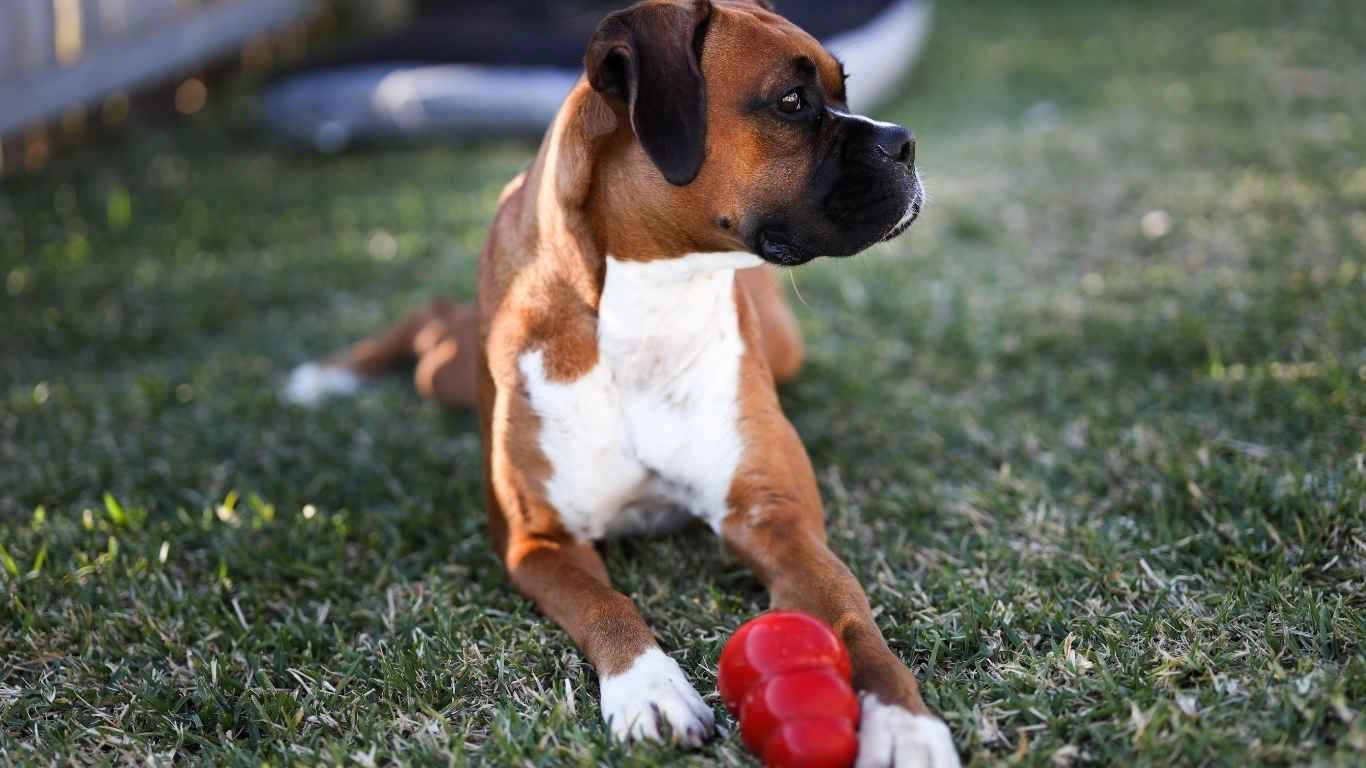
So now that we know how essential zinc is for maintaining healthy dog skin, the next logical question is: how do we make sure our dogs are getting enough of it? There are a few ways to do this, and as an Animal Care Specialist, I always recommend a balanced approach that combines good nutrition, proper supplementation, and regular veterinary check-ups.
Dietary Sources of Zinc
The first and most natural way to increase your dog’s zinc intake is through their diet. Just like us, dogs need a range of vitamins and minerals from their food, and zinc is no exception. Many high-quality commercial dog foods contain adequate amounts of zinc, but it’s essential to choose the right food to meet your dog’s needs, particularly if they have specific skin conditions or a higher risk of deficiency.
Some of the best sources of zinc in dog food include:
- Meat and poultry: Beef, lamb, chicken, and turkey are all excellent sources of zinc, and they’re usually the main ingredient in many high-quality dog foods.
- Fish: Salmon, sardines, and other fatty fish are not only rich in omega-3 fatty acids but also contain good amounts of zinc, which supports healthy skin.
- Eggs: Eggs are a great protein source and also contain zinc, along with other important nutrients like biotin, which also supports healthy skin and coat.
- Whole grains: While some dogs may be sensitive to grains, brown rice and oatmeal can be good sources of zinc when included in moderation.
- Vegetables: Some vegetables, like spinach and broccoli, contain zinc, though it’s not as bioavailable to dogs as the zinc found in animal products.
In my experience, dogs that consume a balanced, high-quality diet typically don’t face significant zinc deficiencies. However, if your dog is on a special diet, such as a grain-free or raw diet, or if they’re a picky eater, you may need to be more vigilant about ensuring they get adequate zinc.
Zinc Supplements for Dogs
If your dog is diagnosed with a zinc deficiency, your vet may recommend a zinc supplement. Zinc supplements come in various forms, including tablets, chews, or powders, and they’re designed to make it easier for your dog to absorb the mineral. But just like any supplement, it’s crucial to get the right dosage, as too much zinc can be harmful and cause toxicity.
In my personal experience, I’ve worked with many dogs who had zinc-responsive skin conditions that improved significantly after starting zinc supplements. However, I always make sure to stress to pet owners that they should never start a supplement regimen without consulting a vet first. Zinc can interact with other minerals, so a balanced approach is vital.
Signs Your Dog May Need Zinc Supplements
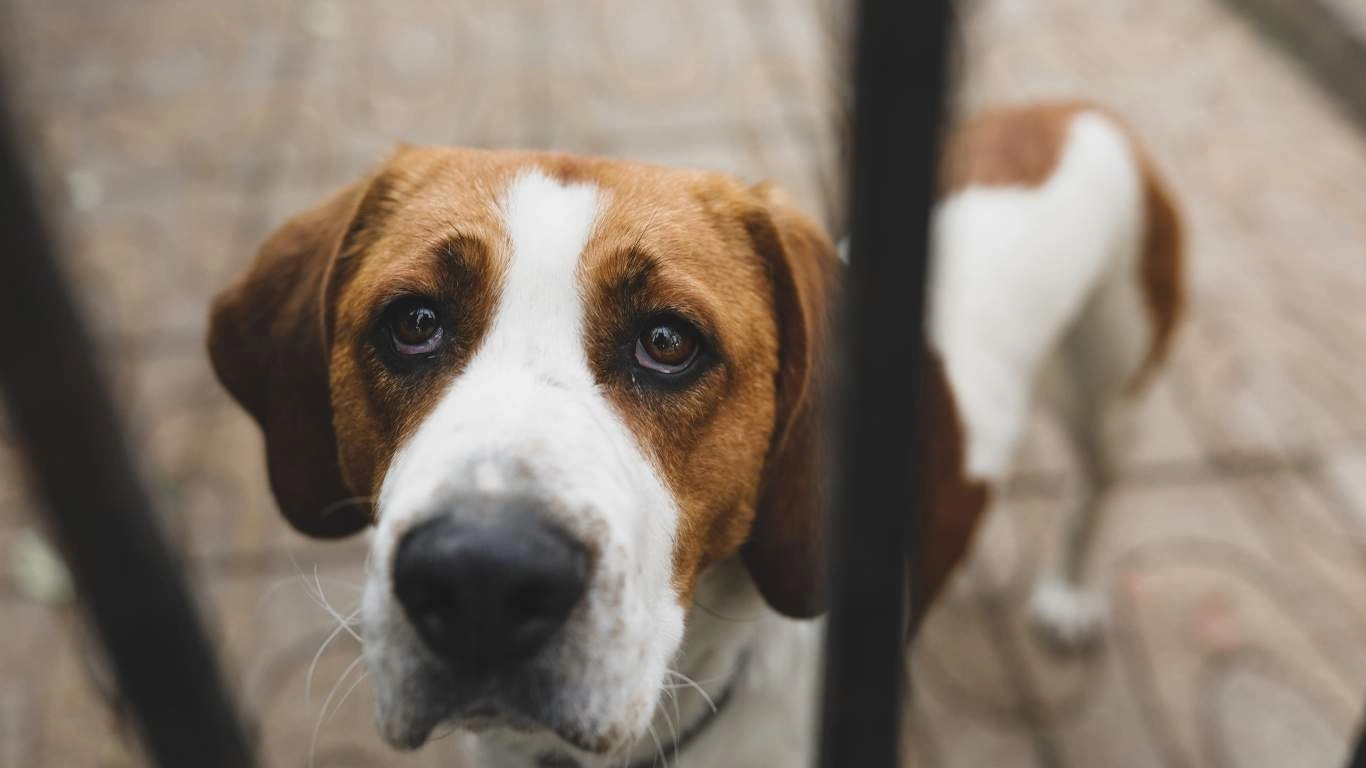
Not all dogs will need zinc supplements, but if your dog has any of the symptoms we discussed earlier—like dry, flaky skin or hair loss—it might be worth considering. Some breeds, as I mentioned, are more prone to zinc deficiencies, and they may require ongoing supplementation to keep their skin healthy.
Here are a few signs that your dog may need zinc supplementation:
- Persistent skin problems: If your dog’s skin issues, like scabs, hot spots, or dry patches, don’t improve with regular grooming or topical treatments, zinc supplementation might help.
- Chronic ear infections: Dogs with weak immune systems often experience frequent ear infections, which can be exacerbated by low zinc levels.
- Worsening coat condition: If your dog’s coat is losing its shine, becoming brittle, or thinning out, zinc might be the missing link.
- Slow healing from wounds: If you notice that cuts or scrapes take longer to heal than usual, it could be due to inadequate zinc, which is necessary for tissue repair.
If your dog exhibits any of these signs, it’s essential to speak with your vet. They’ll likely recommend testing to determine if a zinc deficiency is to blame. From there, they can suggest the best course of action, whether that’s switching to a different food, adding a supplement, or making other adjustments to their diet.
Risk of Over-Supplementing Zinc
It’s crucial to remember that while zinc is essential for healthy skin, too much zinc can be toxic. Over-supplementing can lead to a condition called zinc toxicity, which can cause symptoms such as vomiting, diarrhea, lethargy, and more severe issues like kidney damage.
As an Animal Care Specialist, I’ve encountered a few cases where pet owners inadvertently gave their dogs too much zinc, thinking more is better. That’s why it’s always important to follow your vet’s recommendations and never self-medicate without their guidance. Most dog food brands designed for specific health conditions already include a safe and balanced amount of zinc, so supplementation is only necessary when there’s a deficiency.
When to Consult a Veterinarian
If you’re seeing signs of a zinc deficiency, or if you’re unsure whether your dog is getting enough zinc, the best thing you can do is schedule a visit to the vet. They’ll be able to perform blood tests and assess your dog’s health in a way that gives you peace of mind.
As an Animal Care Specialist, I’ve worked with dogs in all stages of life, from puppies to senior dogs, and I’ve seen how important it is to address nutritional deficiencies early on. Zinc is just one piece of the puzzle when it comes to skin health, but ensuring your dog’s zinc levels are optimal can go a long way in preventing more serious skin issues down the road.
Preventing Zinc Deficiency: Tips for Pet Owners
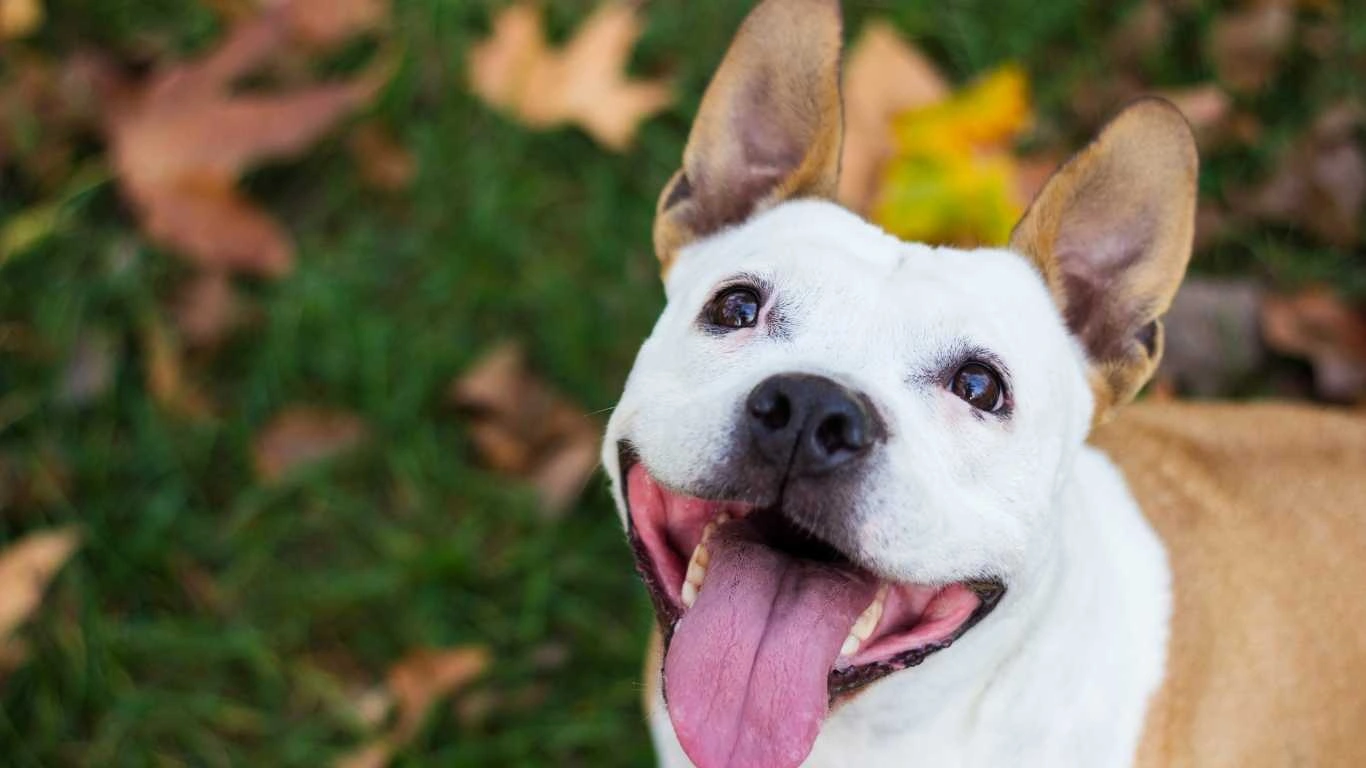
As pet parents, it’s our job to keep our furry friends healthy and happy, and maintaining the proper balance of nutrients is one of the most important aspects of that. Preventing zinc deficiency in your dog isn’t just about knowing the signs of a deficiency—it’s about taking proactive steps to ensure your dog’s diet is complete and balanced. In my experience as an Animal Care Specialist, the most successful pet care plans involve a combination of the right food, regular vet visits, and mindful monitoring of any changes in your dog’s health.
Choose High-Quality Dog Food
The easiest way to ensure your dog is getting enough zinc is to feed them high-quality commercial dog food. But not all dog food is created equal. Some brands cut corners when it comes to ingredients, which can lead to nutrient imbalances. As a general rule, I always recommend opting for brands that list a meat source (like chicken, beef, or lamb) as the first ingredient, as well as a mix of whole grains and vegetables. These foods tend to have better bioavailability of nutrients like zinc.
Look for foods that are formulated to support skin health, as these often have added vitamins and minerals, including zinc. I’ve seen some great results with specific formulas designed for dogs with skin issues, especially when they include the right balance of zinc and other skin-friendly nutrients like omega-3 fatty acids, which can work synergistically with zinc to improve coat and skin health.
Incorporate Zinc-Rich Foods into Homemade Diets
If you prefer making homemade meals for your dog, you can also incorporate zinc-rich ingredients into their diet. A balanced homemade diet might include foods like:
- Beef or lamb: These meats are excellent sources of zinc, and they’re highly digestible for most dogs.
- Fish: Salmon, sardines, and mackerel are all rich in zinc and omega-3 fatty acids, which are great for skin health.
- Eggs: Eggs are an excellent source of protein, as well as zinc, and can be easily incorporated into your dog’s meals.
- Spinach and broccoli: Although these vegetables contain plant-based zinc, they can still contribute to your dog’s overall zinc intake when fed in moderation.
As always, if you’re making your own dog food, it’s essential to work with a vet or a pet nutritionist to ensure you’re providing a complete and balanced diet. This way, you can prevent nutritional deficiencies and provide the best care for your dog.
Supplements: The Right Approach
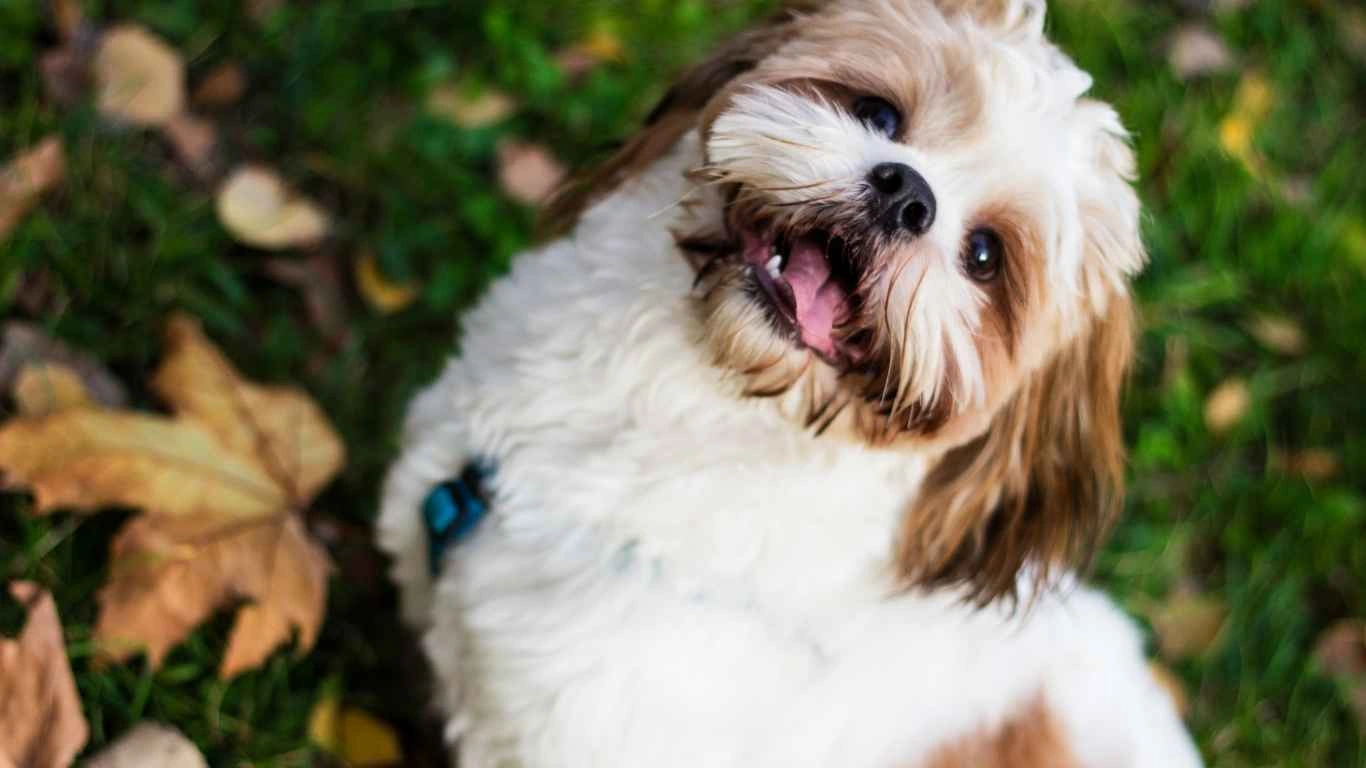
While I strongly believe in the benefits of a good diet, there are instances where supplements may be necessary. If your dog is suffering from a zinc deficiency, your vet may recommend zinc supplements to help bring their levels back to normal. It’s important, however, to be cautious when giving supplements, as overdosing on zinc can be dangerous.
In my practice, I’ve seen zinc supplementation work wonders for dogs with skin conditions related to zinc deficiency. But there’s a catch: you have to get the right dosage, and that’s where your vet’s expertise comes in. Zinc supplements are available in different forms, such as capsules, chews, or powders, and each type has its advantages depending on your dog’s preferences and needs.
If you suspect your dog needs a zinc supplement, always talk to your vet first. They can perform a test to determine if a deficiency exists and help you decide on the right form and dosage of zinc. Additionally, zinc supplements are often paired with other nutrients like copper or manganese to ensure proper absorption and prevent imbalances.
When to Seek Professional Help
If your dog is showing signs of a zinc deficiency or if you’re just unsure about whether their diet is balanced, it’s a good idea to seek the advice of a veterinarian. In many cases, vets can run blood tests to determine if there’s a deficiency, and from there, they’ll offer guidance on the best course of action, whether it’s changing their food or adding supplements.
In my experience, many of the skin problems associated with zinc deficiencies can be managed effectively if caught early. But I’ve also seen cases where long-term deficiencies went untreated, leading to more severe skin conditions, so don’t wait to address any concerns you may have.
Partnering with Your Veterinarian for Long-Term Health
Long-term skin health in dogs goes beyond just zinc. A balanced diet, regular grooming, and a good relationship with your vet are the pillars of maintaining a healthy dog. By working together with your vet, you can ensure that your dog’s skin and coat stay vibrant and healthy throughout their life.
Remember, just like people, dogs need individualized care. What works for one dog may not work for another, and that’s why personalized care from your vet is so important. Together, you and your vet can create a care plan that addresses your dog’s specific needs, whether it’s ensuring they get enough zinc or managing other aspects of their health.
Resources and References
Here are some useful resources for learning more about dog nutrition and zinc’s role in skin health:
These resources provide a wealth of information on pet care and nutrition, and they can help guide you through making the best decisions for your dog’s health.
Disclaimer
The information in this article is for educational purposes only and is not intended to replace professional veterinary advice. Always consult with your veterinarian before making changes to your dog’s diet or supplement regimen. Zinc supplementation should be done under veterinary supervision to avoid potential toxicity or interactions with other medications or conditions. Each dog’s nutritional needs are unique, and a vet can help create a plan tailored to your pet’s health needs.
